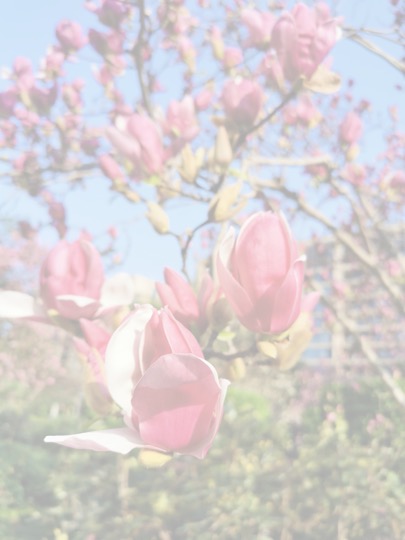
Anjali Gupta
on translating Mahadevi Varma
This poem speaks to me of duality, conflict, and devotion. I really wanted to convey the complexity and confusion in this poem. There is a palpable tension and urgency that needs to be prioritized.
As in all translations, I had to compromise. I struggled with the translation of प्रिय (priya), appearing as both the poem’s first word and towards the end. The whole poem hinges on this one word. Because it is a direct address, it sets the tone for the poem and makes it an intimate conversation. Previous translators conveyed this as “beloved,” and “dear one.” These felt antiquated and awkward to me. I chose to translate this as “my love” because it felt more colloquial and like a gentle whisper.
Another thing I struggled with is the loss of linguistic and cultural ancestors when words are dragged from Hindi to English. For example, in line 3, the word मद (mad) means something along the lines of “intoxicant,” “frenzy,” and “lust” and has visual connotations of liquid oozing. I could not find the elusive perfect word in English. When words are used, historical and cultural histories are invoked. As I have supplanted this poem across languages, the history and culture is altered. As the poet draws on mythologies and literature, I straddle the line between truth to tradition and to the flow of the narrative.
I present this translation from a place of vulnerability. As a third-generation American, I am not a native speaker of the language that my grandparents speak and that I am translating here. I can only promise that I have chosen each word, down to the syllable, with the utmost care and with the loving help of my grandmother.
about the author
Born in 1907 in India to a liberal family, Mahadevi Varma was a poet, feminist, and scholar. She attended the Crosthwaite Girls College at Allahabad and graduated in 1929. Her first poetry collection was published in 1930; she went on to publish seven other works as well as an extensive selection of prose. Over the course of her literary career, she received numerous awards including the Padma Bhushan and the Jnanpith Award. She was an essential figure in the Chhayavad school of Hindi literature.
She is a greatly lauded figure for her work in poetry and advocacy and is accredited with drastically revolutionizing women’s education in her time. She pushed for modernity and enacted positive change in all aspects of her life.
about the translator
Anjali Gupta is a senior at the University of Pennsylvania studying linguistics. She intends to pursue a career in healthcare and is passionate about the patient-doctor interaction and translating untranslatable experiences in the biomedical space. She enjoys baking, going for walks with her friends, and practicing her Hindi with her grandparents.

photo by Yan Zhang
